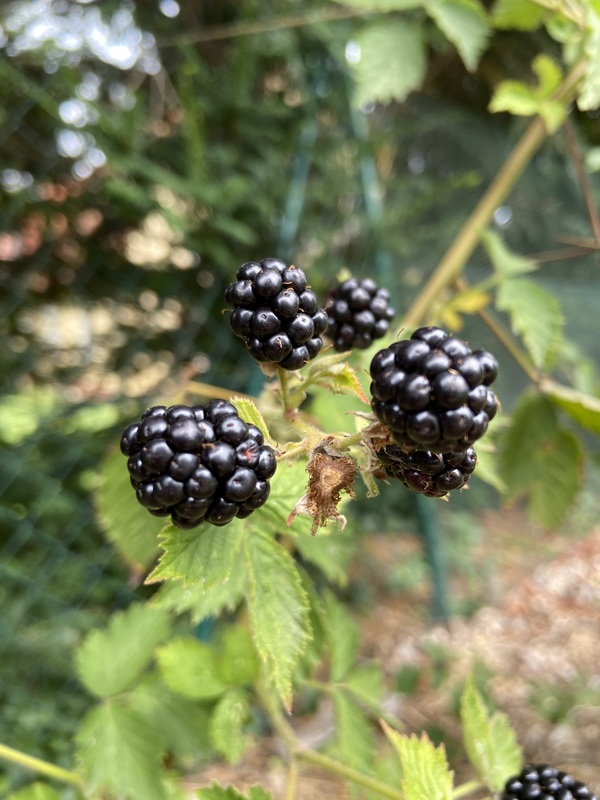Description
Bermuda grass, also known as Cynodon dactylon, is a warm-season grass native to the coastal regions of the Mediterranean and Africa. It is a low-growing plant with thin, wiry stems and narrow, blade-like leaves. The leaves are typically green, but may turn yellow or brown during periods of drought or frost. Bermuda grass flowers in the summer, producing small, inconspicuous flowers that are green or white in color.
Bermuda grass is a fast-growing plant that can quickly spread to form a dense, carpet-like lawn. It is often used for turf grass in residential and commercial landscaping, as well as for pastures and sports fields. Bermuda grass is also used as a ground cover in gardens, as it is able to tolerate heavy foot traffic and drought conditions.
Bermuda grass prefers well-draining, sandy soils and full sun exposure. It is drought-tolerant and can survive in a variety of soil conditions, including alkaline and saline soils. Bermuda grass is generally winter-hardy in warmer climates, but may die back in colder regions.
